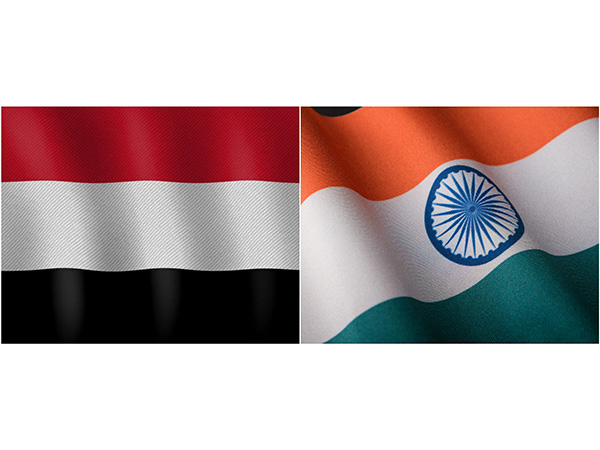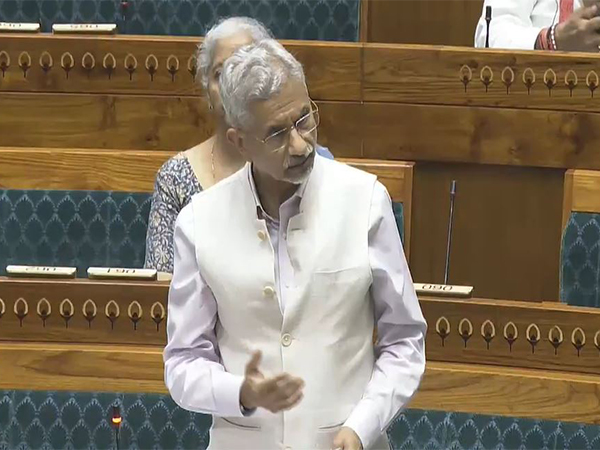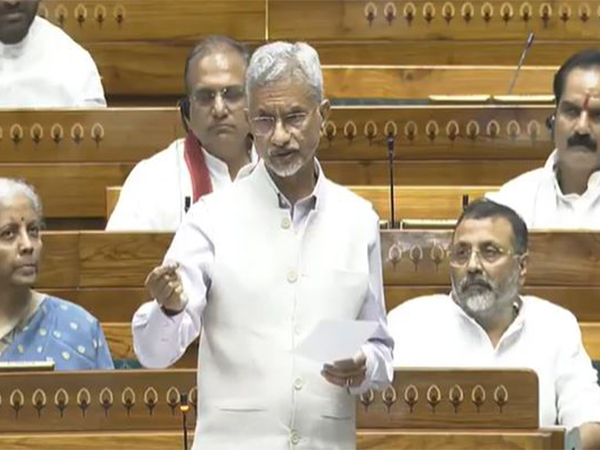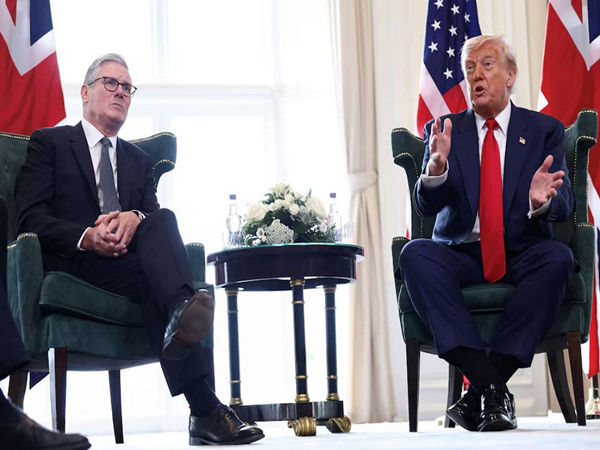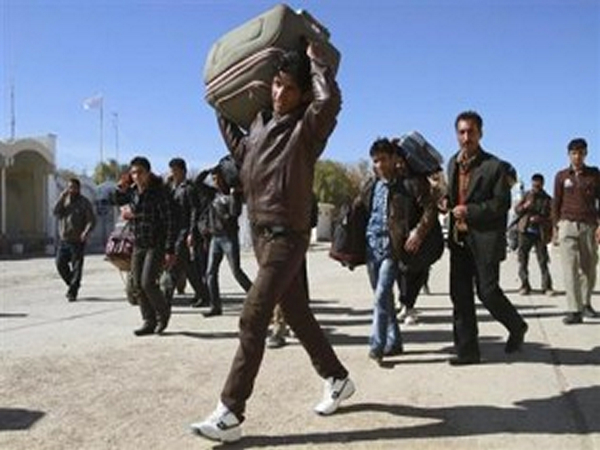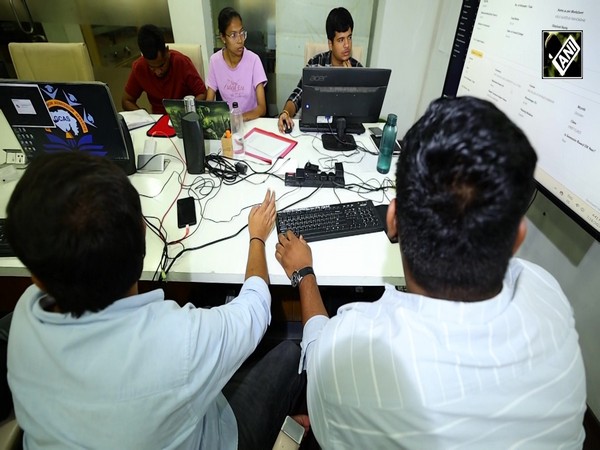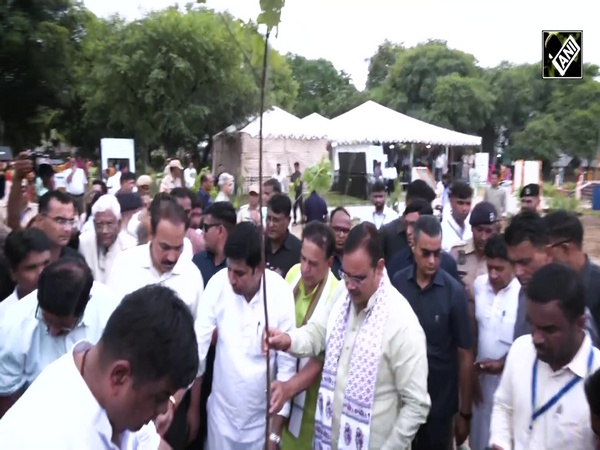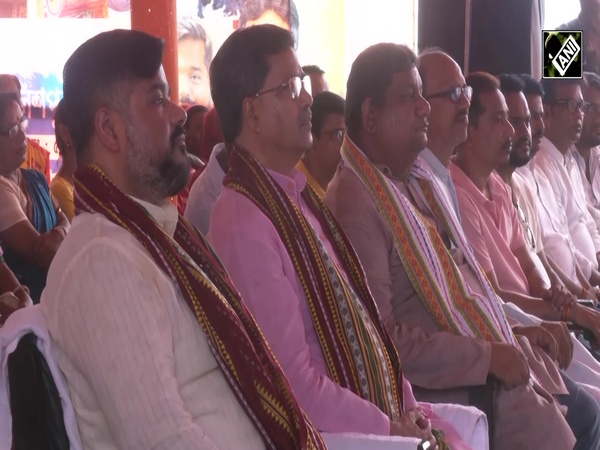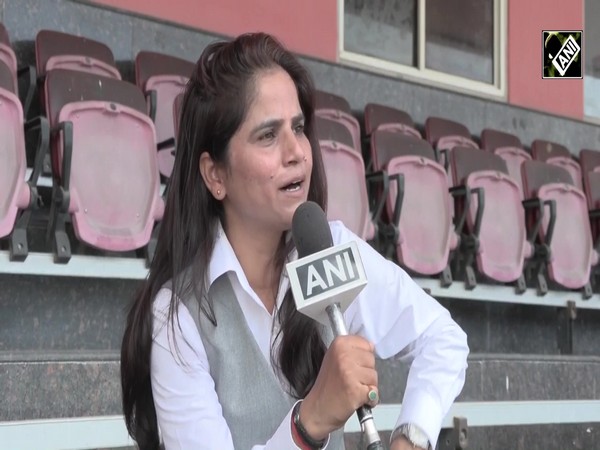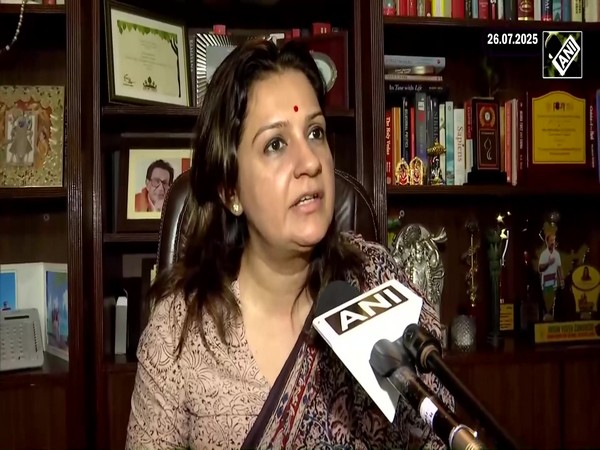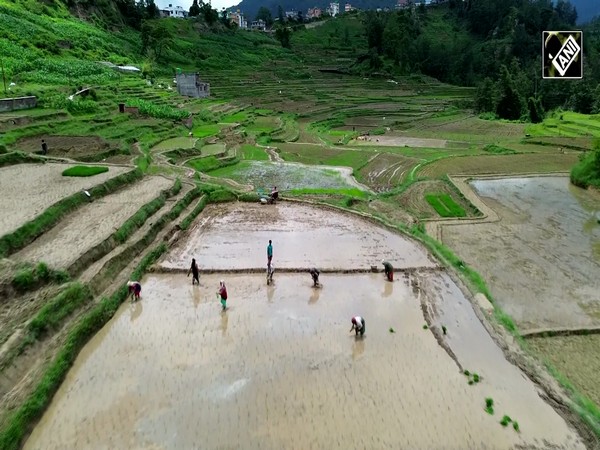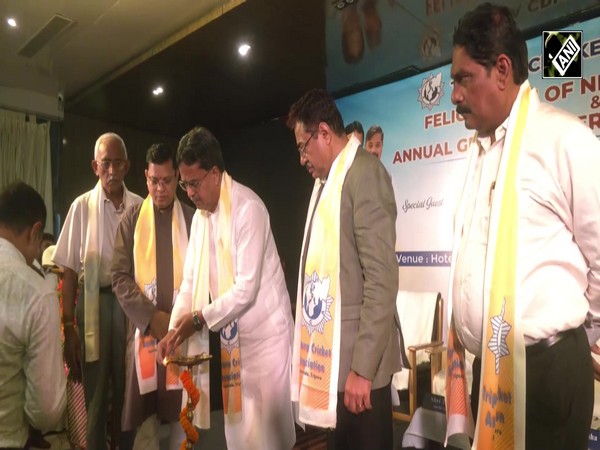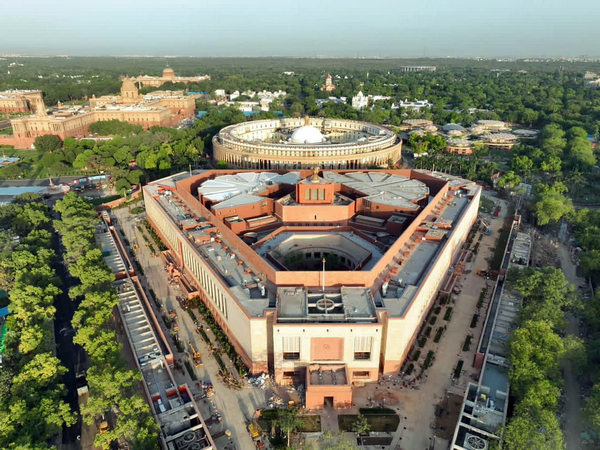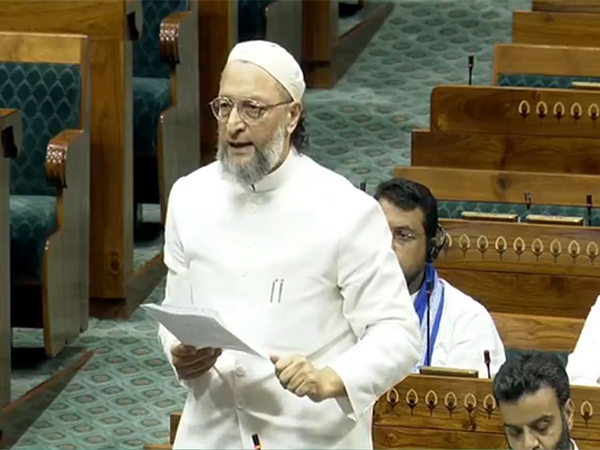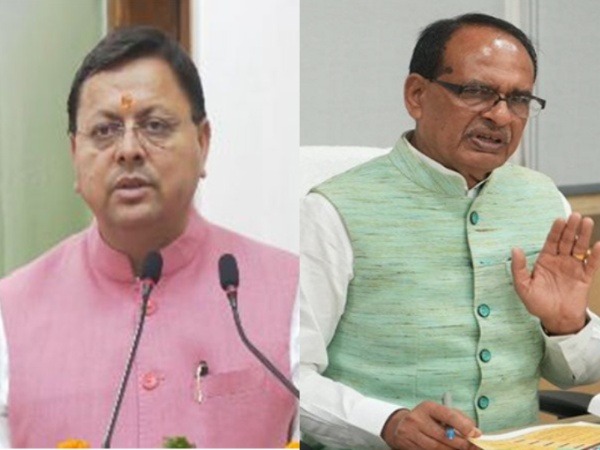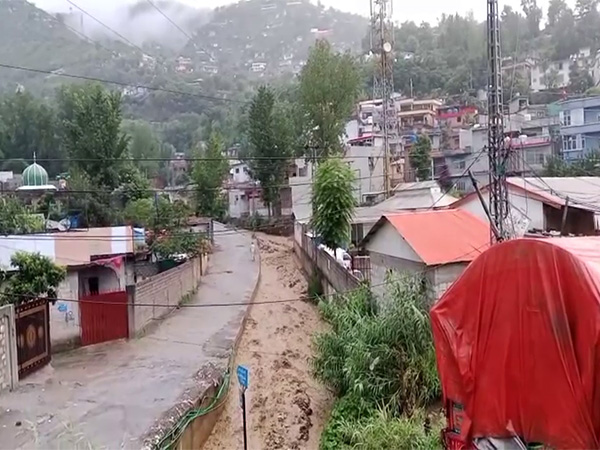
Severe waterlogging in PoJK: Residents struggle as officials remain absent
Jul 28, 2025
Muzaffarabad [PoJK], July 28 : Following recent heavy monsoon rains, the residents of Muzaffarabad's Bandi Mir Samdani in Pakistan-occupied Jammu and Kashmir (PoJK) are grappling with severe waterlogging that has brought daily life to a halt. The main road in the area is submerged under stagnant floodwaters, inundating shops and homes alike. This has caused widespread distress among shopkeepers and residents, disrupting livelihoods and basic activities.
One local resident explained, "The natural drainage routes through which rainwater used to flow into the rivers have been blocked. We urge the government to urgently take action to clear the water accumulating on the roads. Until this issue is resolved, water scarcity and flooding will continue to plague us. The stagnant water entering our homes causes immense difficulties."
Despite the severity of the crisis, local authorities have yet to implement any effective measures to alleviate the suffering. Another resident expressed frustration over the absence of elected representatives, stating, "During the day, all the VIPs pass through here, but they are completely unaware of the conditions in which people are living. There is reportedly five feet of water inside some homes. Our MLA and the opposition leader have never visited to see how the people are coping."
This ongoing neglect highlights a deeper issue: the failure of the administration in PoJK to provide even basic civic amenities to its residents. The lack of drainage infrastructure, ineffective governance, and absence of political accountability have left these communities vulnerable to recurring crises.
The dire situation in Muzaffarabad underscores a broader pattern of neglect in Pakistan-occupied regions like PoJK, where development remains stagnant. Despite being rich in natural resources, these areas suffer from poor infrastructure, lack of healthcare, inadequate education, and minimal government investment. Islamabad's focus remains centred on strategic control rather than genuine welfare. As a result, basic civic facilities are absent, deepening resentment and alienation among local populations facing repeated humanitarian crises.

